Om (18 October 1950 – 6 January 2017)
We are a selfish people.
We remember others only when they die. It has nothing to do with the people who have passed on. The only reason we remember them is because a part of us dies with them.
It is no different when one reads about Om Puri’s passing on. I remember him not so much for what he was but for a purely selfish reason.
My first memory of Puri is of him being in a dilemma, switching on and off a table lamp in Ardh Satya. Of him reading Dilip Chitre’s poem, on which the film is titled, Half Truth.
In an inspired moment I wrote down the poem, translated it and then showed to a comrade who worked for the Communist Party’s Punjabi weekly newspaper. It so happened that at the same time, Santokh Singh Dhir, a well-known short story writer close to the CPI, was looking for someone to translate his poems from Punjabi into English for the Indian Express. This comrade connected the two of us, and I had my first claim to fame, as a half page supplement of the city’s Indian Express weekend edition carried the poems that I translated. I was in my teens.
My next memory is the film Aakrosh, in which he played the role of an adivasi whose tongue has been cut off. As idealist youngsters, we sympathized with him, his tongueless screech made us wrench and our blood boil. We felt like that bearded, kurta clad, jhola wielding, young man played by an actor whose name we never cared to find out- because we were him.
In those years, I grew up with Om Puri, whose pockmarked face captured the many pockmarks of our young, sometimes scared and sometimes hopeful adolescence.
As the news of his passing on sinks in, I remember him because a part of me goes with him.
It also awakens a part of me that time and age has camouflaged but never been able to kill.
A part that is alive.
Every obituary is also a celebration of what has survived.










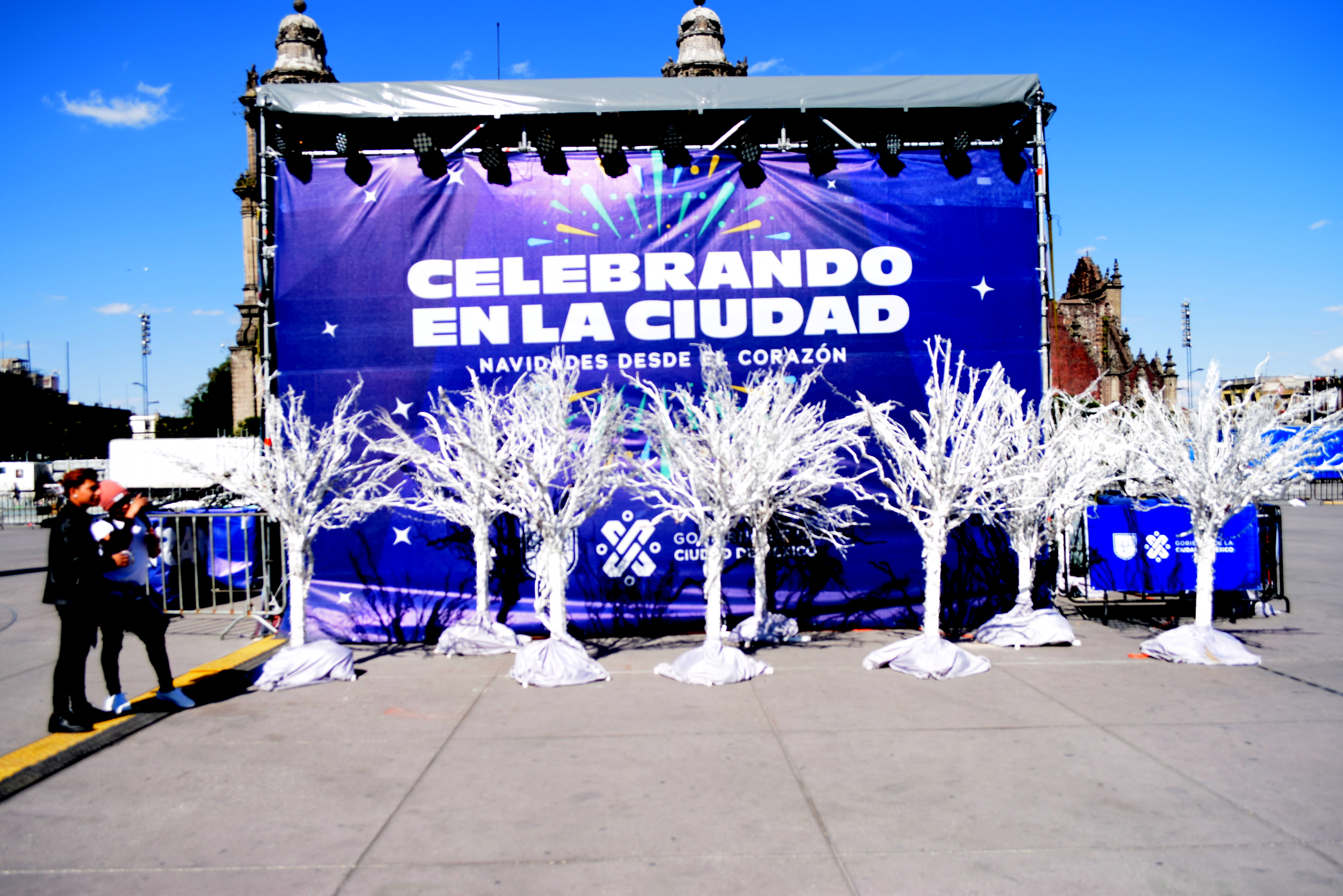

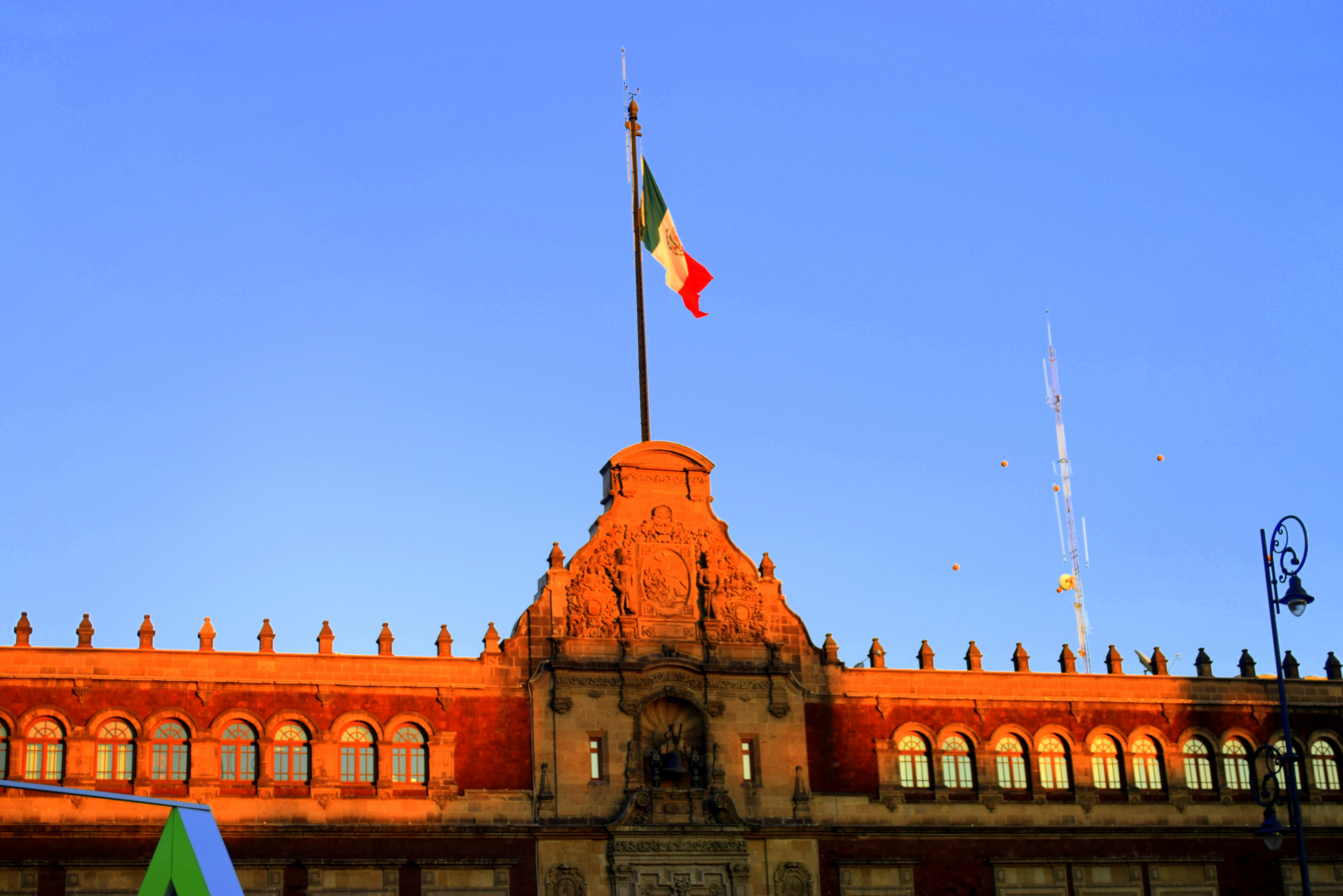





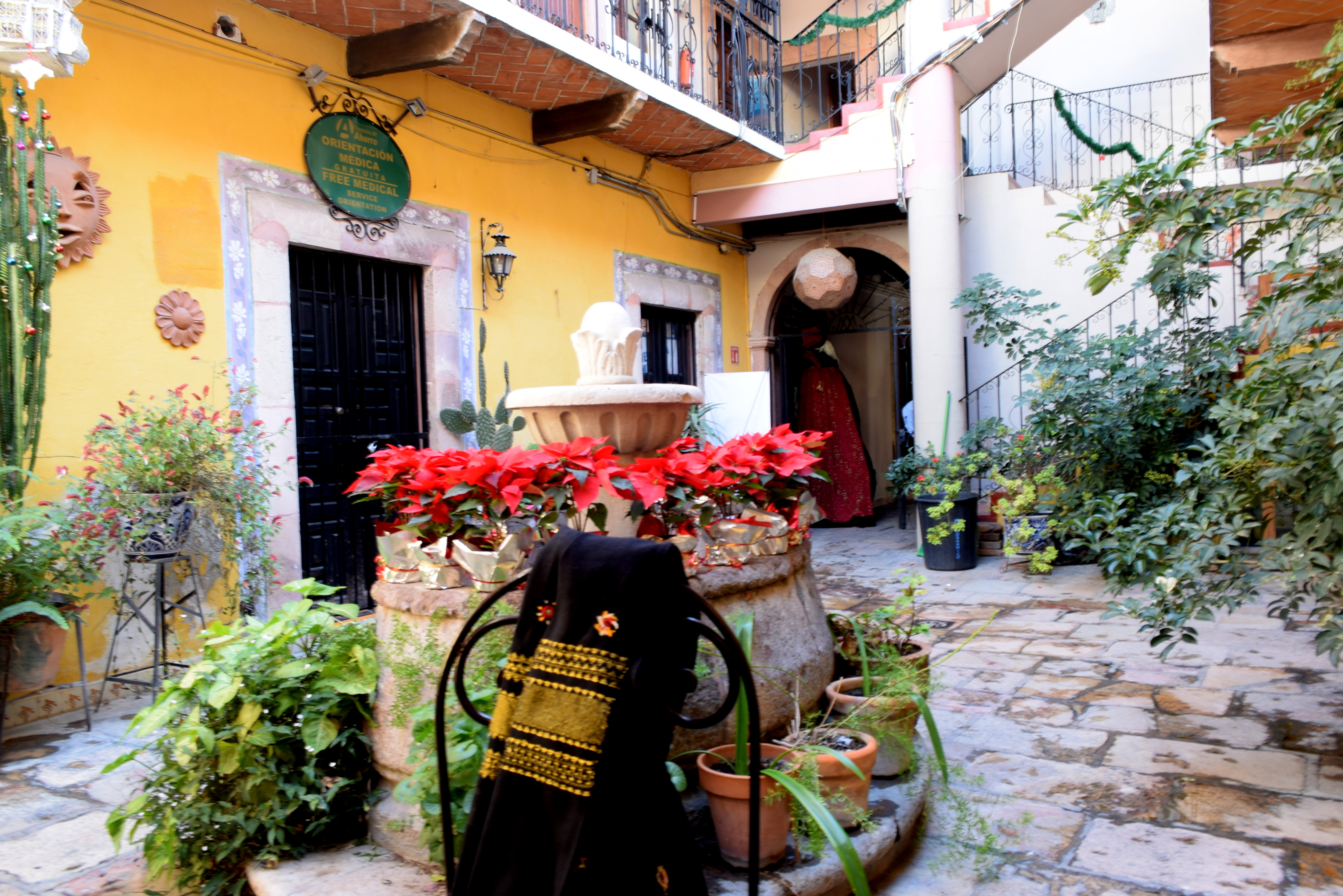

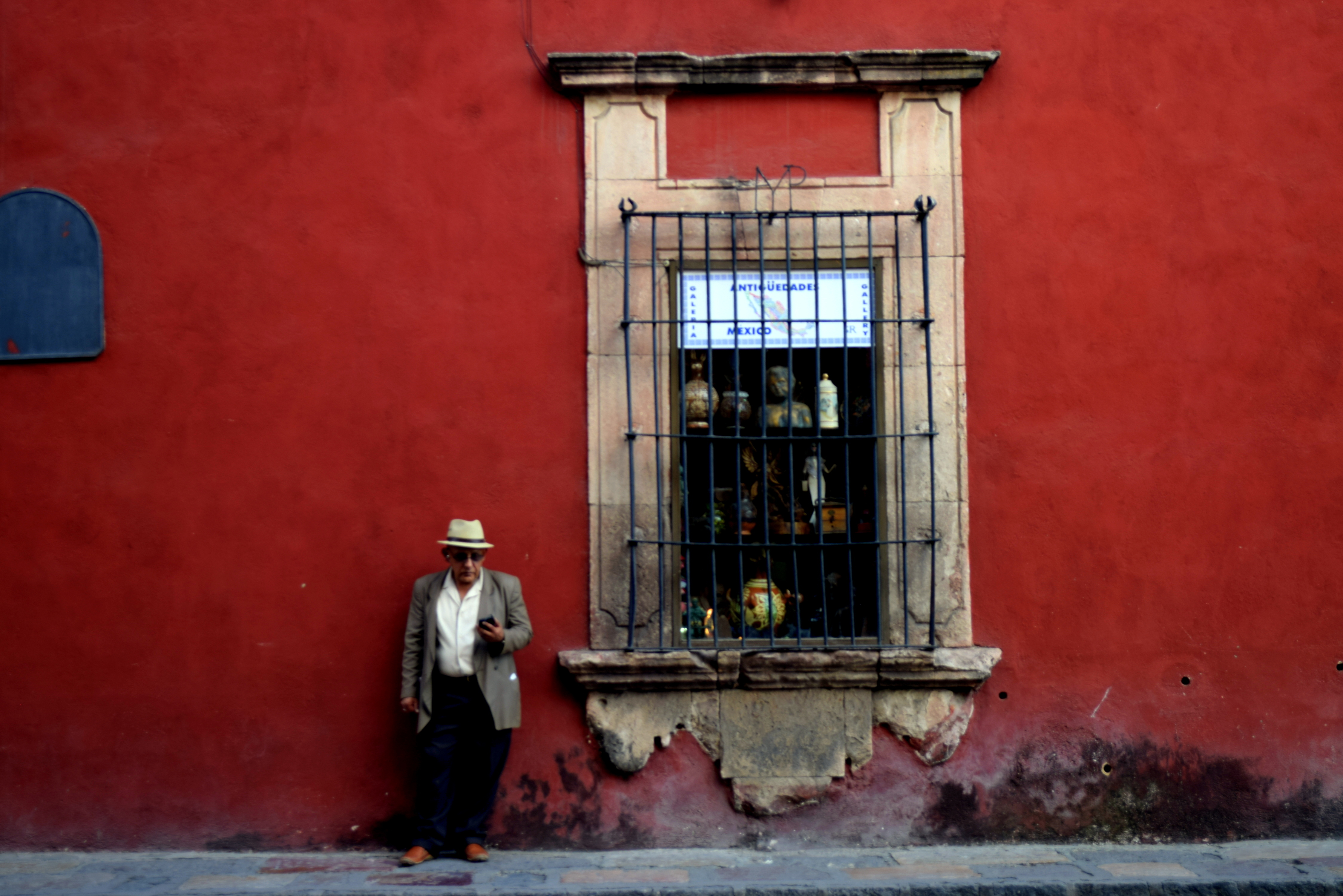


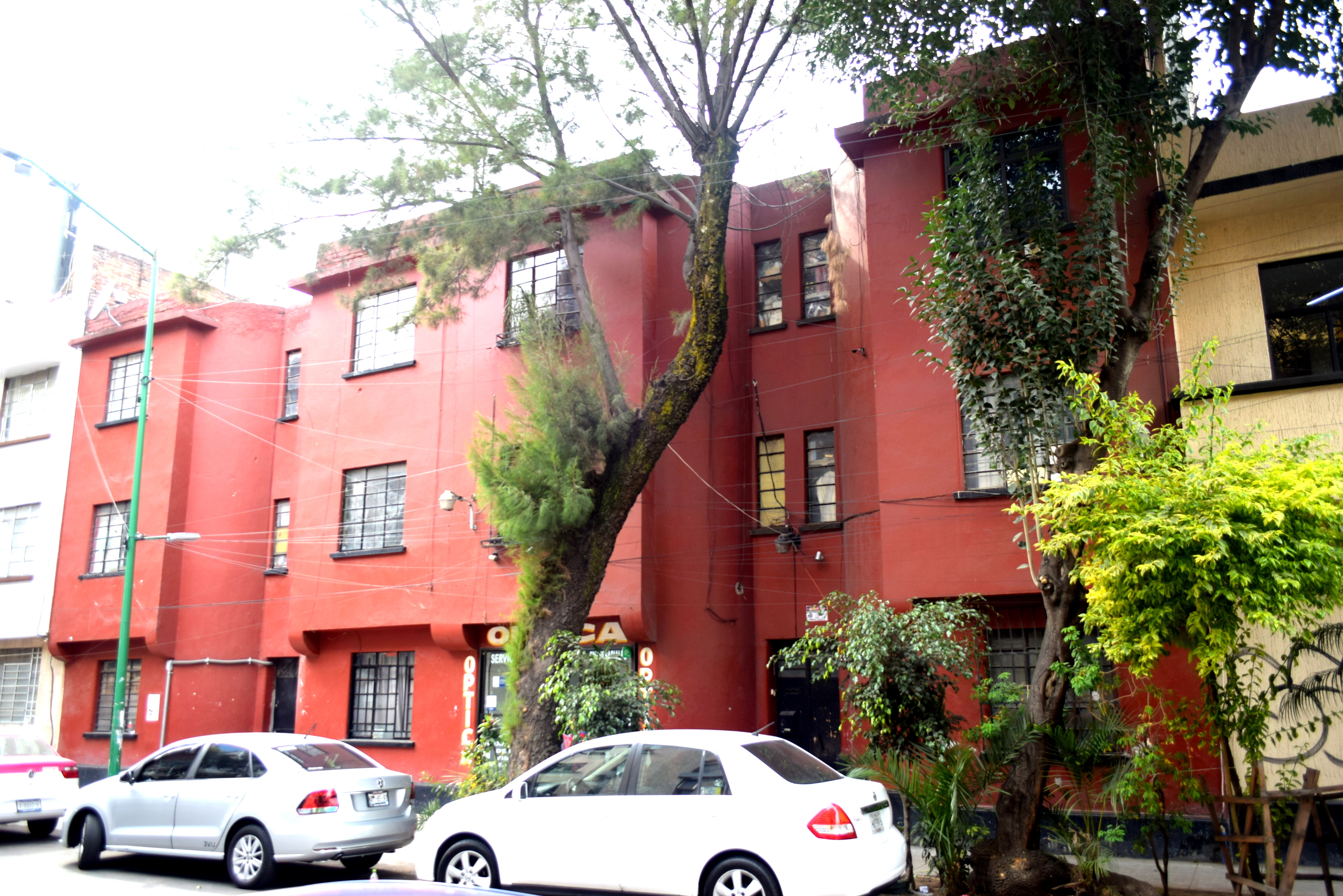



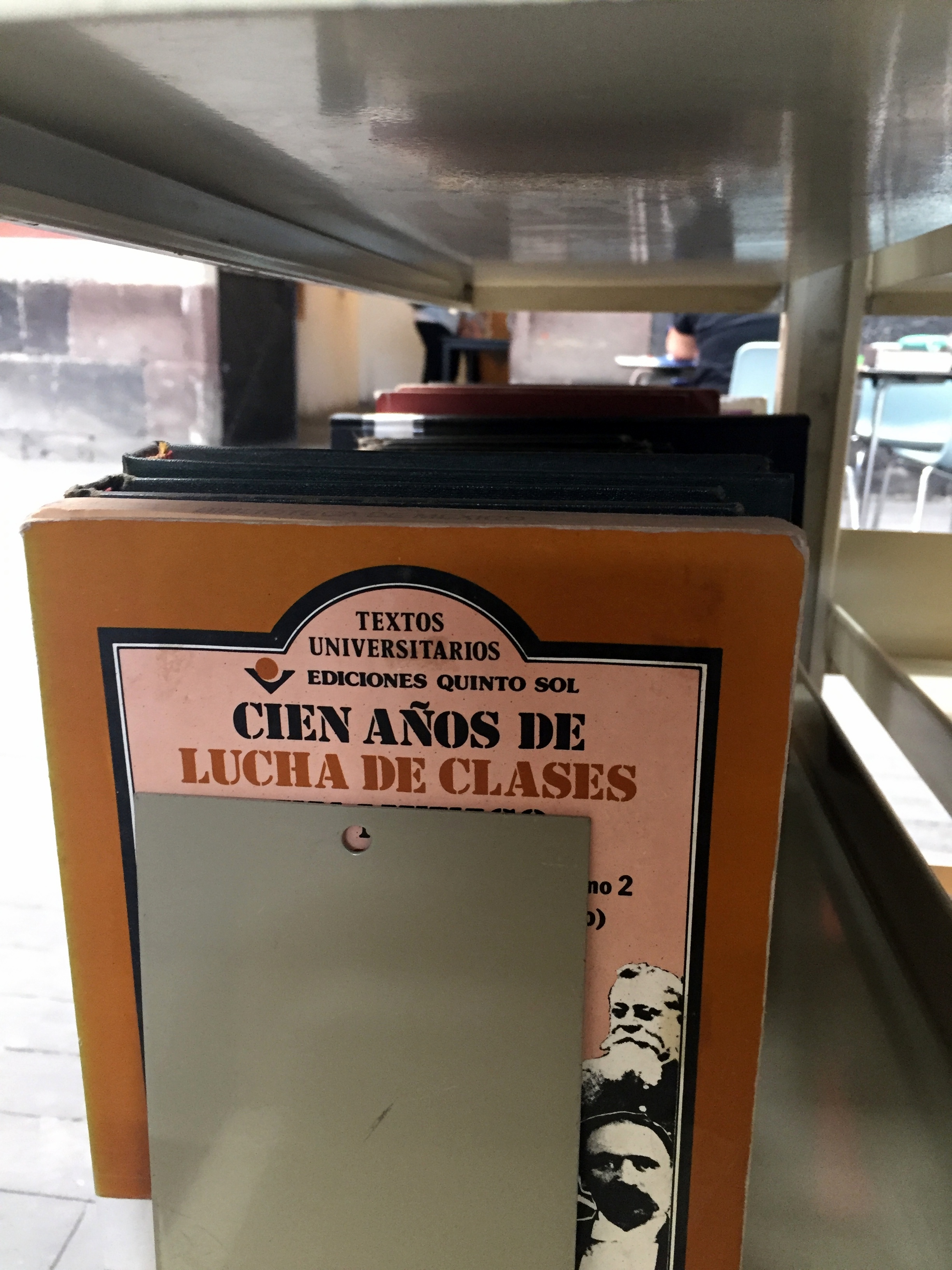
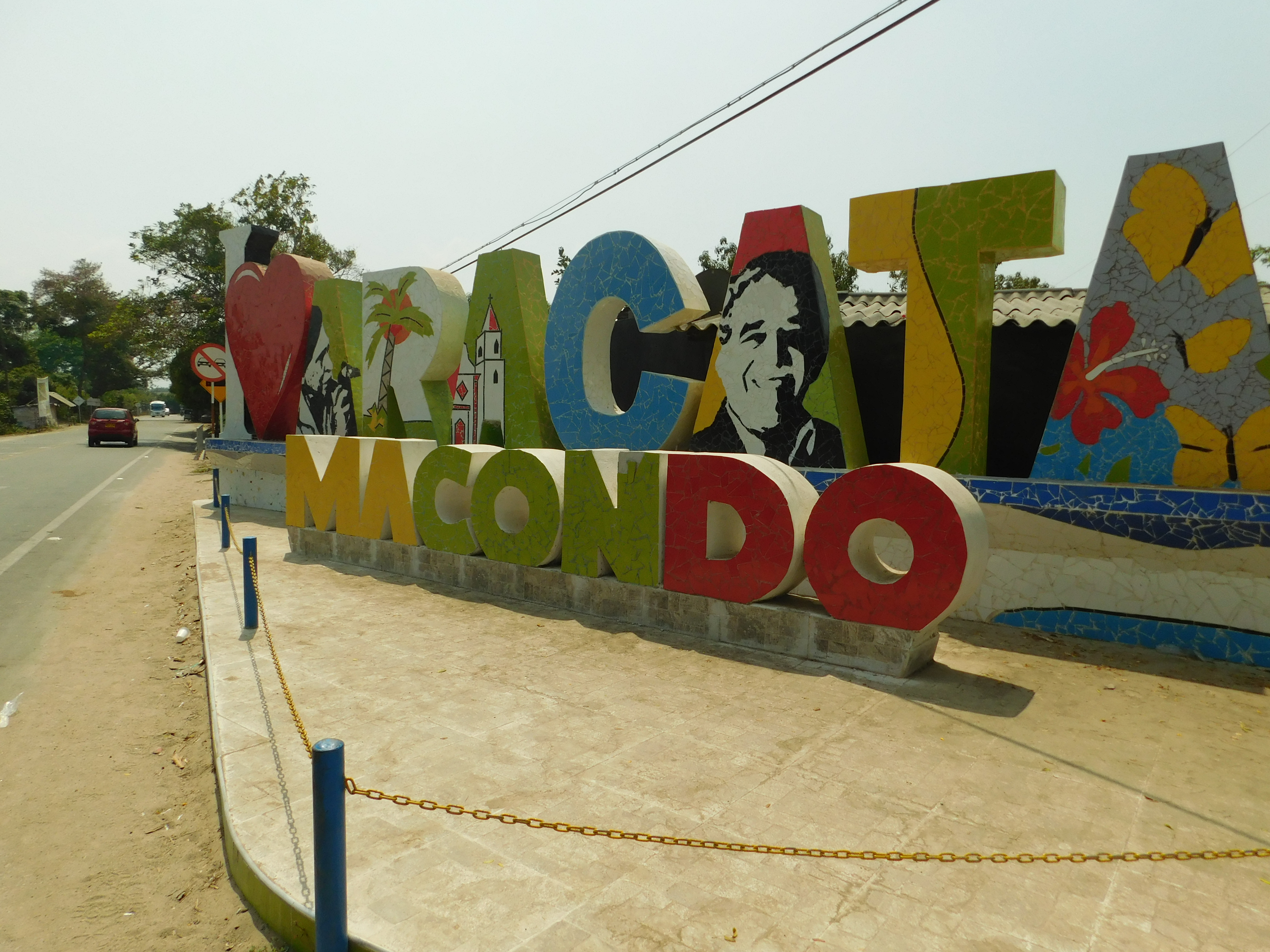

 My earliest recollection of this influence, which went almost unnoticed, goes back to class 6, when I had to transcribe a page in English as part of my homework during the summer vacations. I picked up a book that had been lying around the house. It happened to be the biography of Karl Marx by E. Stepanova, which my father had received as a prize in school in the late fifties.
My earliest recollection of this influence, which went almost unnoticed, goes back to class 6, when I had to transcribe a page in English as part of my homework during the summer vacations. I picked up a book that had been lying around the house. It happened to be the biography of Karl Marx by E. Stepanova, which my father had received as a prize in school in the late fifties. As someone whose grandparents migrated to Indian Punjab from what became Pakistan, I grew up on a healthy dose of family recollections about Partition. All my relatives who I know made their way from places like Lahore, Karachi, Peshawar and Rawalpindi – to Delhi, Jalandhar and as far as Gwalior. In all those stories, the overall sentiment was that of having made it in life despite losing almost all material possessions. Consequently, I grew up without much sentimentalism or curiosity about the event.
As someone whose grandparents migrated to Indian Punjab from what became Pakistan, I grew up on a healthy dose of family recollections about Partition. All my relatives who I know made their way from places like Lahore, Karachi, Peshawar and Rawalpindi – to Delhi, Jalandhar and as far as Gwalior. In all those stories, the overall sentiment was that of having made it in life despite losing almost all material possessions. Consequently, I grew up without much sentimentalism or curiosity about the event.
 Without doubt, the best read of the year was Rana Ayyub’s Gujarat Files, a result of the young Indian journalist’s investigation into the extrajudicial killings of Sohrabbudin and others and its cover up by a network of government functionaries, civil and police officials and the majority of the mainstream media. Indeed, the key change in the last few years has been the throttling of the media as it has become corporatized and aligned with the government in power. Ayyub took on the identity of an Indian American filmmaker to gain access to middle and senior level officials.
Without doubt, the best read of the year was Rana Ayyub’s Gujarat Files, a result of the young Indian journalist’s investigation into the extrajudicial killings of Sohrabbudin and others and its cover up by a network of government functionaries, civil and police officials and the majority of the mainstream media. Indeed, the key change in the last few years has been the throttling of the media as it has become corporatized and aligned with the government in power. Ayyub took on the identity of an Indian American filmmaker to gain access to middle and senior level officials. A book I picked up randomly just because I haven’t read recent Russian literature for a while was Vladmir Sorokin’s The Queue. The novel is about the late Soviet period, a time that hasn’t inspired any great works of literature. The Queue is a notable exception. The book is a subtle take on the dreary years of scarcity in the last few years of the USSR and an insightful look into the lives and minds of the ordinary citizens. The absurdity of the situation is revealed in the dramatic end, as funny as it is ironic.
A book I picked up randomly just because I haven’t read recent Russian literature for a while was Vladmir Sorokin’s The Queue. The novel is about the late Soviet period, a time that hasn’t inspired any great works of literature. The Queue is a notable exception. The book is a subtle take on the dreary years of scarcity in the last few years of the USSR and an insightful look into the lives and minds of the ordinary citizens. The absurdity of the situation is revealed in the dramatic end, as funny as it is ironic. 
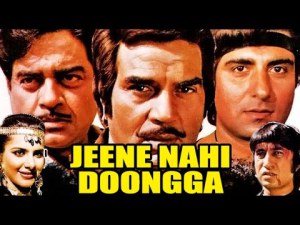 The Tribune’s City edition, which used to be the last one printed in the early hours of the day and carried the latest news stories has a huge capitalized headline on the front page, “Indira Gandhi Shot dead”, followed by three more subtitles, “Rajiv Gandhi takes over as Prime Minister”, “Security men involved in killing” and “5-man Cabinet sworn in”. All of the front page is predictably filled with reports titled “Alert in region”, “World leaders shocked”, “Funeral on Saturday”, “Dastardly act: President”, “Shun violence, says Rajiv”, “12-day state mourning”, “Army alerted”, “Eyewitness accounts”, “Anguish, confusion in Amritsar” and “One killed, many hurt in violence”. It is ironic that the event is now associated less with Mrs. Gandhi herself and more with the violence that followed it.
The Tribune’s City edition, which used to be the last one printed in the early hours of the day and carried the latest news stories has a huge capitalized headline on the front page, “Indira Gandhi Shot dead”, followed by three more subtitles, “Rajiv Gandhi takes over as Prime Minister”, “Security men involved in killing” and “5-man Cabinet sworn in”. All of the front page is predictably filled with reports titled “Alert in region”, “World leaders shocked”, “Funeral on Saturday”, “Dastardly act: President”, “Shun violence, says Rajiv”, “12-day state mourning”, “Army alerted”, “Eyewitness accounts”, “Anguish, confusion in Amritsar” and “One killed, many hurt in violence”. It is ironic that the event is now associated less with Mrs. Gandhi herself and more with the violence that followed it. 


